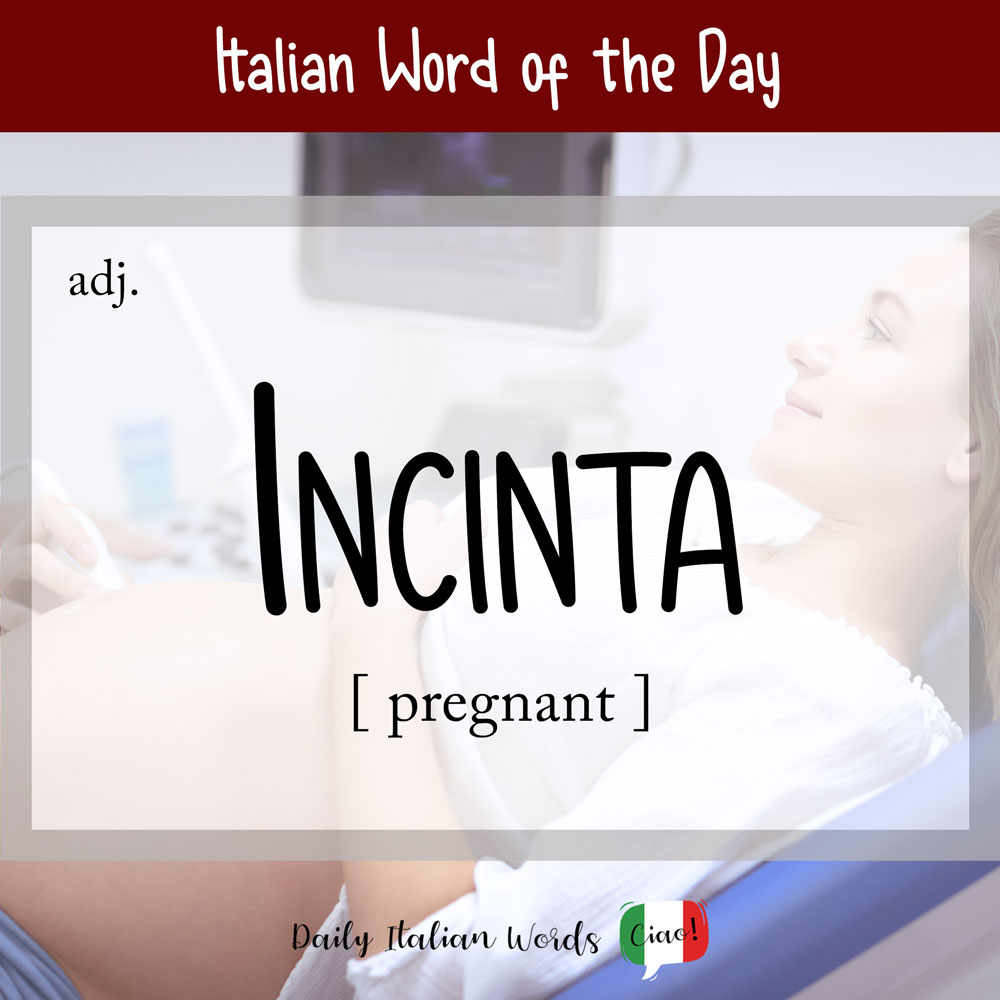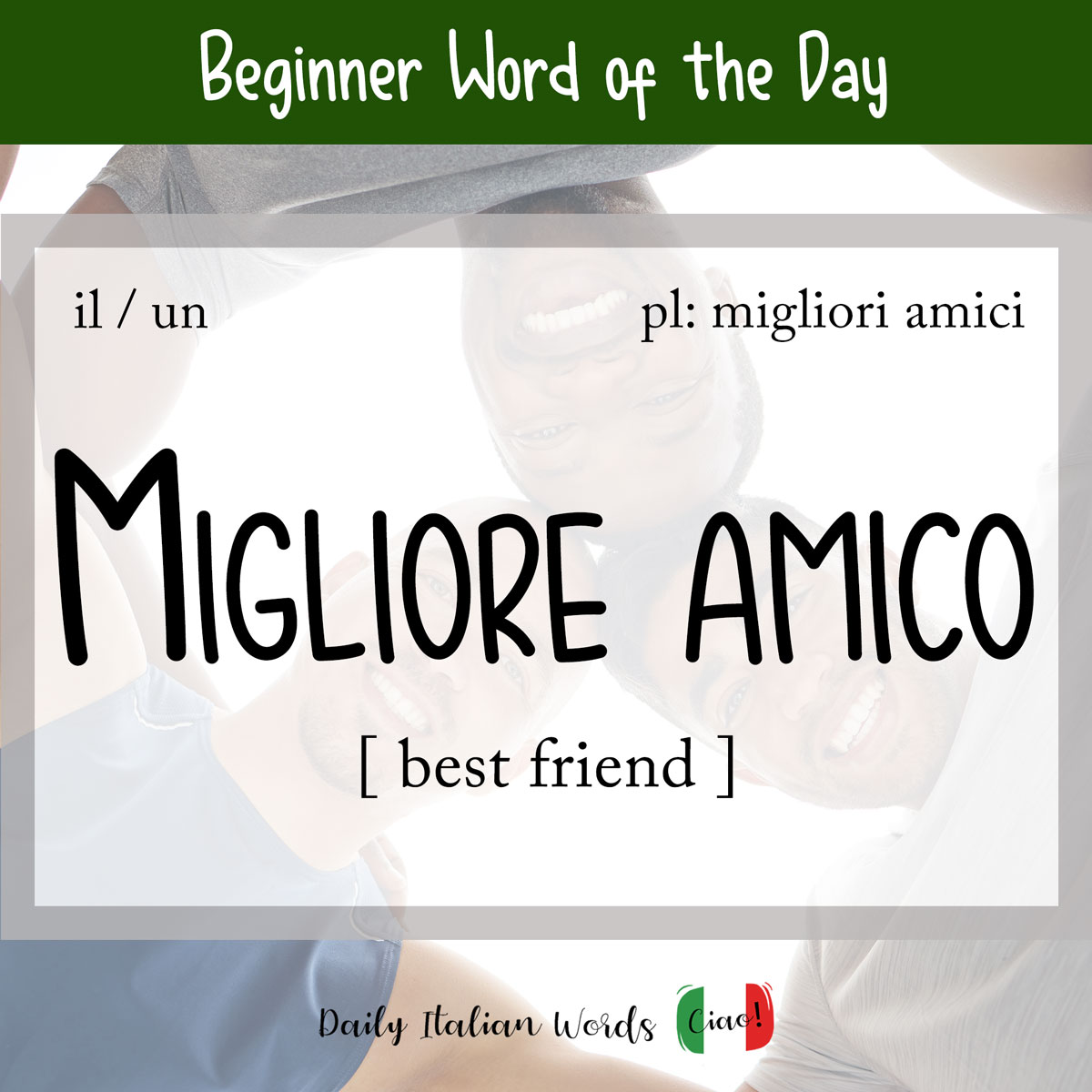Italian Word of the Day: Potente (powerful)
The word for powerful in Italian is potente. If you have trouble remembering this word, I find it helps to create a mental link with the English term potent. The singular potente modifies both masculine and feminine singular subjects. In its plural form, it becomes potenti. As in English, potente can be interpreted in the …






